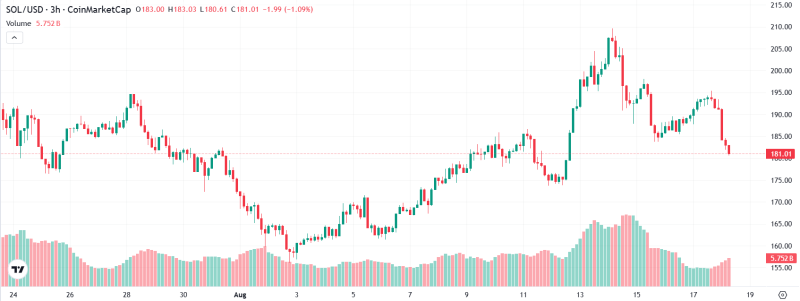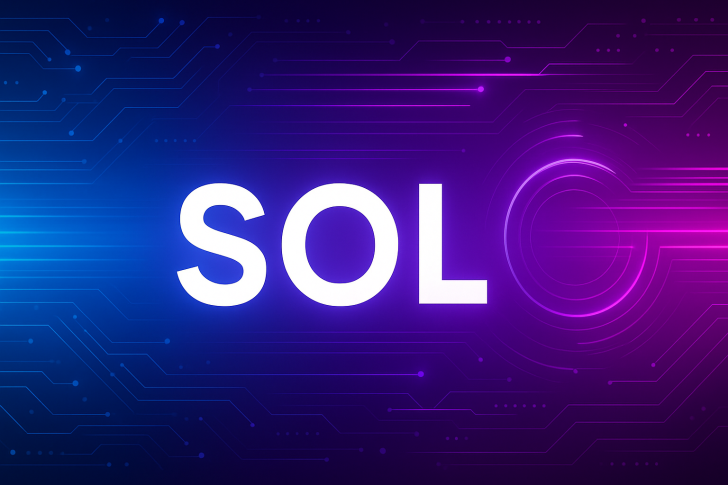Solana (SOL) validators are deciding the fate of a revolutionary upgrade that could make Solana faster than most centralized systems. The Alpenglow proposal wants to slash confirmation times from 12.8 seconds down to just 100-150 milliseconds – that's Web2-level speed on a blockchain.
Why This SOL Upgrade Could Change Everything
Solana's validators are voting on SIMD-0326, the Alpenglow proposal – a complete overhaul of how the network operates. This isn't just another minor tweak; we're talking about replacing the entire TowerBFT consensus system.
The current 12.8-second finality time would drop to 100-150 milliseconds. That's faster than credit card payments and almost as quick as clicking a website link. The upgrade introduces Votor, a lightweight voting system that confirms transactions in one or two rounds – 80% validator agreement gets instant approval, otherwise it needs just 60% in round two.
What This Means for Solana (SOL) Traders
Ultra-fast confirmations unlock high-frequency trading and gaming applications that can't work on slower blockchains. Think DEXs as snappy as Binance or lag-free blockchain games.

Here's the controversial part: a 1.6 SOL fee per epoch gets burned permanently. Supporters claim 20% lower validator costs, but critics worry smaller validators get priced out. The system also includes "20+20" resilience – the network stays live even with 20% malicious validators and 20% offline nodes.
The Vote That Could Make or Break SOL
The community is split. Validators like Firedancer love it for fixing TowerBFT headaches, while others want more testing. Main concerns include incomplete testing and unknown impacts on Jito auctions. Some prefer sliding fees (0.5-5 SOL based on stake) over the flat 1.6 SOL rate.
Voting runs epochs 833-842, needing two-thirds "yes" majority plus 33% participation. If it passes, Solana could leapfrog competitors in pure speed. If it fails, SOL might miss its biggest competitive advantage yet.
 Saad Ullah
Saad Ullah

 Saad Ullah
Saad Ullah


